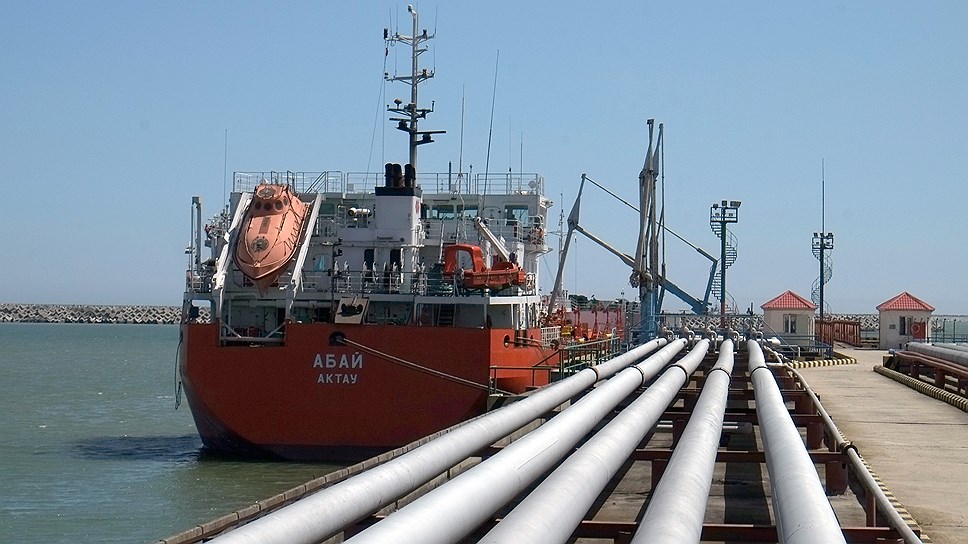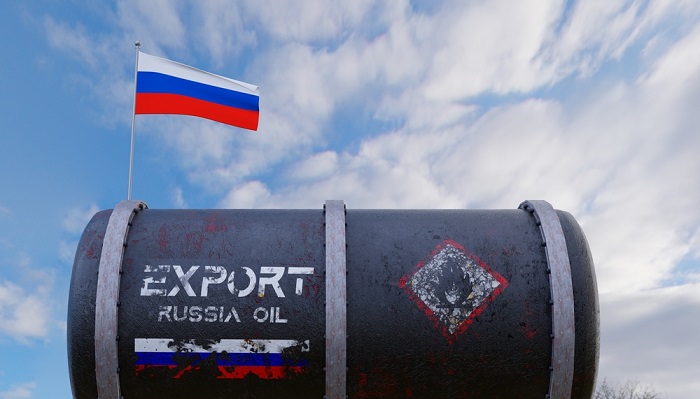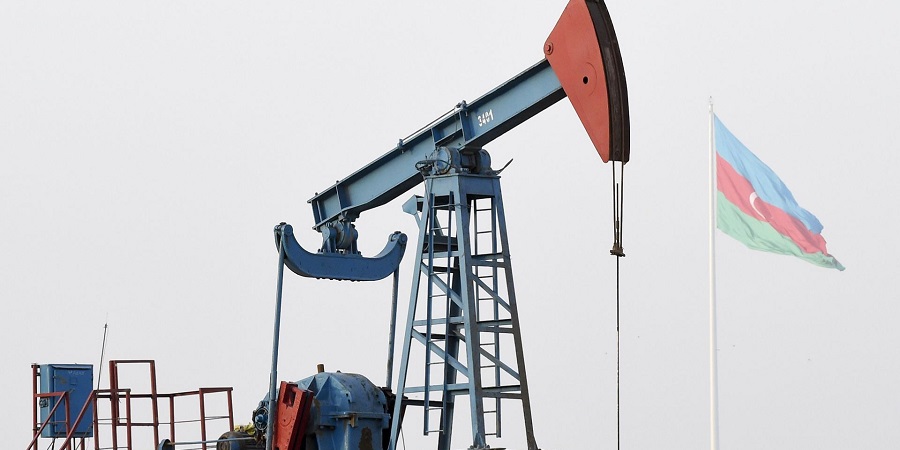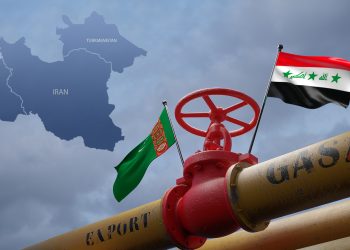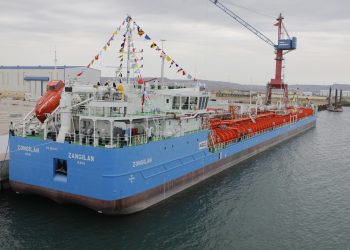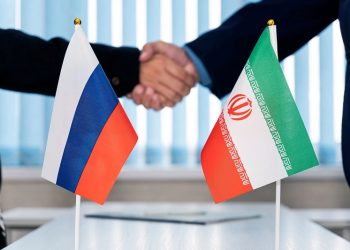Russia’s Lukoil will stop exports from its Caspian oilfields via the Baku-Tbilisi-Ceyhan (BTC) pipeline from December due to Western sanctions and divert them to the Caspian Pipeline Consortium (CPC) system, four sources with knowledge of the matter told Reuters.
A European Union embargo from Dec. 5 is set to ban European buyers from purchasing and transporting Russian oil.
As a major route for Kazakhstan’s oil, CPC oil exports are excluded from the ban.

“Russian oil is leaving BTC, the reason is sanctions, BTC doesn’t let Russian oil in,” – one of the sources said. The other sources, who all spoke on condition of anonymity because of the sensitivity of the issues, said the decision was led by BTC’s western shareholders.
According to the preliminary loading plan for December and Reuters’ calculations, LUKoil’s oil exports via CPC will grow to 660,000 tons in December from 364,000 tons in November.
CPC Blend exported via the CPC pipeline currently trades at a significant discount to Azeri BTC oil, which is supplied via BTC.
It should be noted that LUKoil first sent its oil through the main export pipeline of Azerbaijan in May 2015. These were trial small batches. However, since 2016, LUKoil has switched to commercial supplies. For LUKoil, this was commercially viable, since it sent part of its oil to the ВTS, which was produced at the field named after. Korchagin, located in the Russian sector of the Caspian Sea.
According to the Argus agency, Lukoil supplied 60-120 thousand tons of raw materials per month from the Caspian fields via the Yury Korchagin storage tanker to Socar Trading, the trading division of the State Oil Company of Azerbaijan. Socar Trading, in turn, delivered tanker shipments of Russian oil to the Sangachali terminal for subsequent pumping through the BTC pipeline.
According to Caspian Barrel, over the past period, more than 10 million tons of Russian raw materials were supplied to world markets through the Azerbaijani export oil pipeline.
BTC Co., established on August 1, 2002 in the US Cayman Islands, was established to build and operate the Baku-Tbilisi-Ceyhan oil pipeline, 1,768 km long and with a capacity of 1.2 million barrels per day.
Through this pipeline in January-October 2022, the volume of transit oil amounted to 4 million 131.1 thousand tons.
Shippers from Turkmenistan, Kazakhstan and Russia send their oil to world markets via BTC. Turkmenistan is the main supplier of transit oil through the BTC, which has been using this route since July 2010.
Shareholders of ВTS Co. currently are: British bp (30.1% – operator); Azerbaijani SOCAR (25%); Hungarian MOL (8.9%); Norwegian Equinor (8.71%); Turkish TPAO (6.53%); Italian Eni (5%); French Total (5%), Japanese ITOCHU Oil (3.4%) and Inpex (2.5%), American ExxonMobil (2.5%), and Indian ONGC (2.36%).





